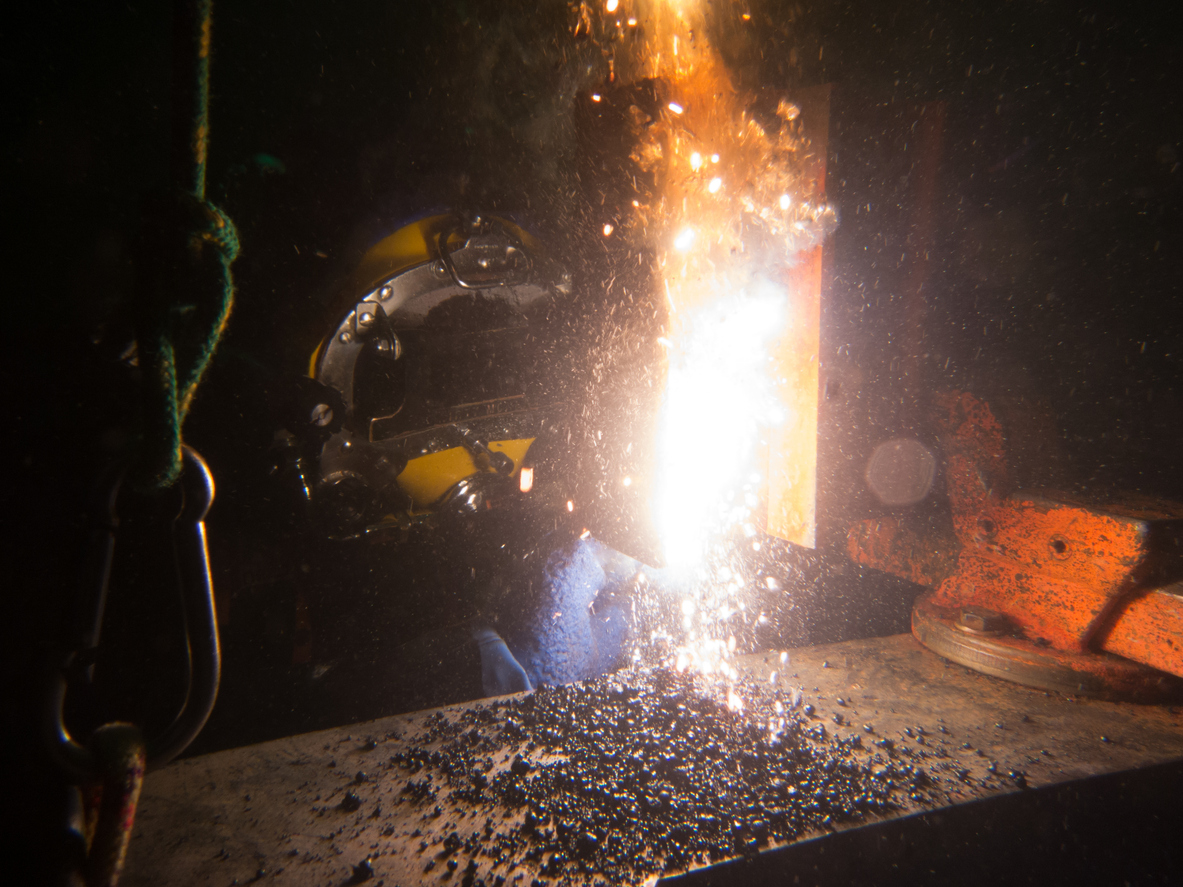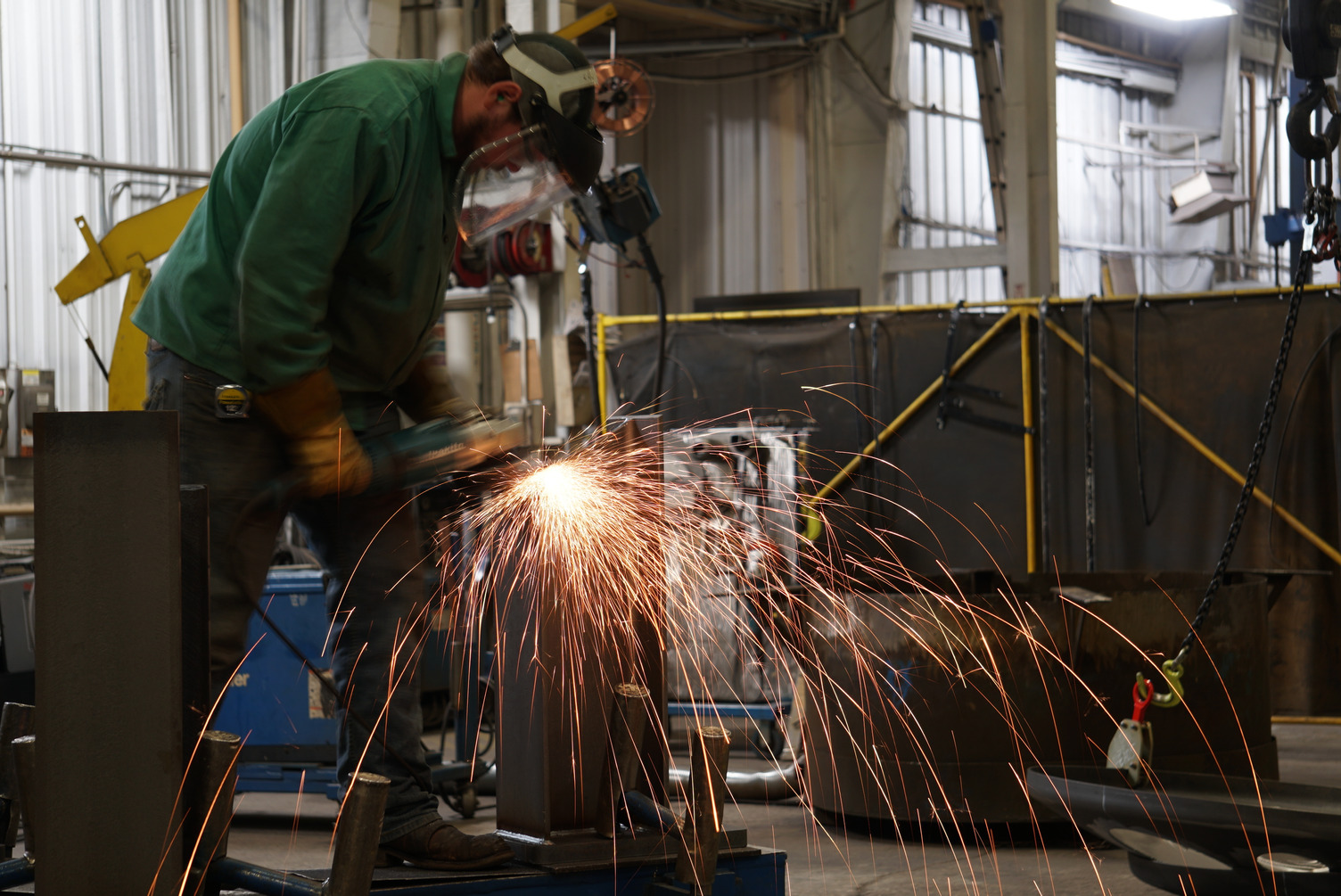RSI is a Great Training Option for Everyone
Learn more about how we can prepare you to advance your career.
Welding is often linked to building structures and infrastructure, but the skill itself applies far beyond the construction industry. For those who complete a welding program, many industries offer rewarding opportunities that rely on the same core techniques. From aerospace to underwater welding, the field is full of possibilities that can match your interests and long-term goals.
Aerospace Welding Careers: Building the Future of Flight
Aerospace welding requires steady hands and sharp focus, with welders in this industry working on aircraft frames, jet engines, satellites, and spacecraft. Jobs are often indoors, highly regulated, and performed under tight tolerances with materials like titanium and aluminum.
This welding career path calls for precision and consistency. Some employers require additional credentials such as an AWS D17.1 certification, which focuses on aerospace welding standards. While the bar is high, the payoff can include long-term roles with aircraft manufacturers, defense contractors, and private space companies.
With foundational welding training and ongoing skill development, students can prepare for a role in this highly technical field.
Automotive Welding Driving the Industry Forward
In the automotive industry, welding is used to shape frames, install exhaust systems, and fabricate specialized components. Techniques such as MIG and TIG welding are commonly used alongside automation tools and robotic systems.
Get Started on the Path to a New Career
Fill out our form to learn how we can help you change your life.
This industry rewards hands-on skill, accuracy, and the ability to adapt to changing vehicle designs and materials. Welding career paths may lead to high-performance automotive builds, EV development, or even work in crash testing and safety design.
A strong welding program gives you the entry-level skills needed to get started. From there, on-the-job learning and specialization help build your career.
Manufacturing Welding Careers Supporting Global Production
Manufacturing is one of the largest sectors employing welders. It includes everything from producing farm equipment to assembling consumer products and medical devices. Welders in this industry work indoors, often in stable, scheduled environments.
Daily tasks might include reading blueprints, interpreting weld symbols, and producing consistent welds across hundreds (or thousands) of parts. This path is well-suited to those who prefer structure, accuracy, and working with repeatable processes.
Many welders in manufacturing move into supervisory roles or specialize in quality assurance. Others shift toward technical roles that support equipment maintenance or process development. These opportunities often begin with practical training and grow through experience.
Underwater Welding: A Demanding Path for Skilled Professionals
Underwater welding is a specialized field that combines commercial diving with professional welding. It is used to maintain and repair structures such as bridges, oil rigs, ships, and pipelines. The work may be physically demanding, require travel, and involve unpredictable conditions.

To pursue underwater welding, students typically start with traditional welding training before enrolling in a commercial diving program. The work can be risky, but for those who thrive under pressure and enjoy a challenge, it offers a unique and respected welding career option.
Other Advanced Welding Career Paths
Some welders move into careers that focus less on the weld itself and more on the standards, processes, or teaching behind it. These roles can include:
- Welding inspectors who review completed welds to meet safety and performance standards
- Welding instructors who teach welding techniques in schools or apprenticeship programs
- Welding engineers who design welding procedures or work in product development
These positions require additional study or credentials, but they are often filled by experienced welders who want to shift their focus while staying in the industry.
A welding program can serve as the starting point for these long-term options. By gaining real-world experience and pursuing further training, you can build a career that continues to grow in depth and responsibility.
Preparing for a Welding Career with Flexibility
Welding is a trade that opens doors across multiple industries. From aerospace welding and automotive manufacturing to underwater repairs and technical inspection, the work is varied, hands-on, and specialized.
RSI’s Welding Specialist program is built to help students gain the skills needed to enter the workforce and begin developing a career. Welding can lead to stable, full-time work in industries that match your strengths and interests. If you enjoy solving problems, working with your hands, and building something real, welding offers a wide range of paths worth exploring.
To learn more about RSI trade school programs, contact us today or call (855) 232-1669.




